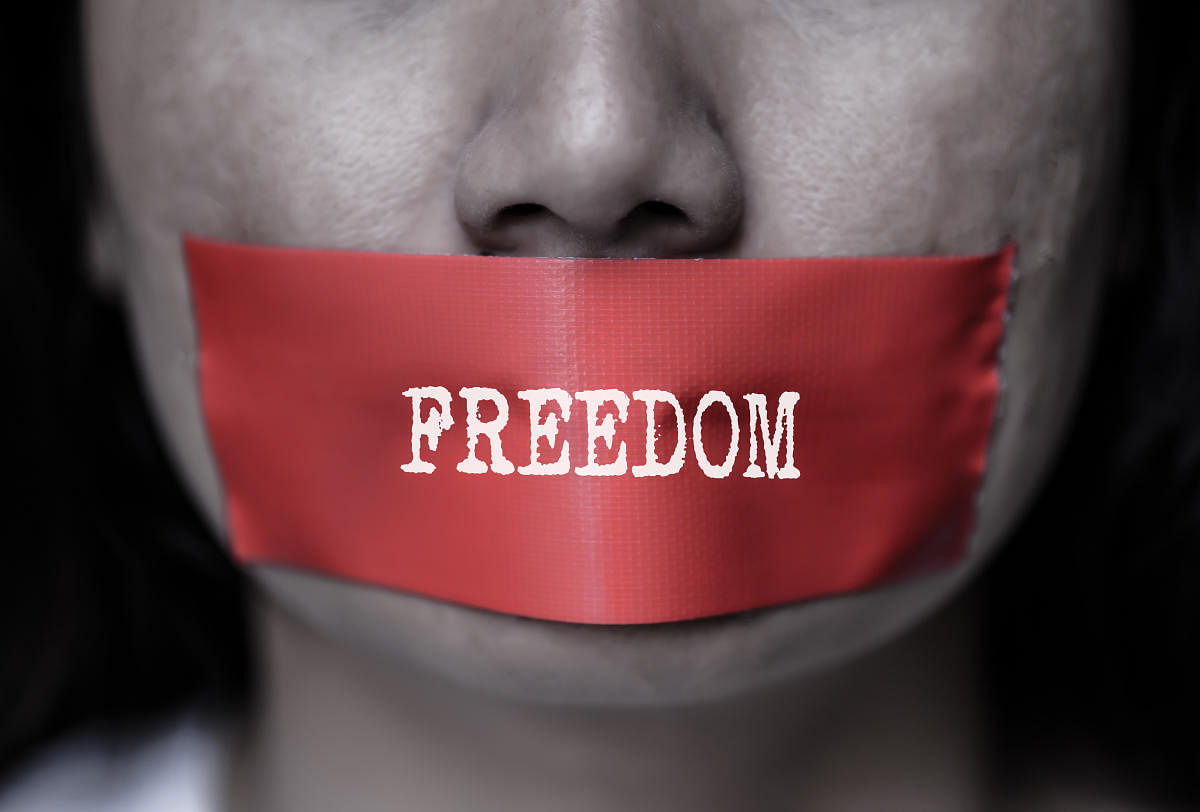
Twitter’s petition in the Karnataka High Court challenging the Union government’s orders to take down some content on its platform involves issues of freedom of speech and expression of citizens. It is also about the responsibility and liability of the media, in this case, social media, as a carrier of news and views. Twitter has challenged a number of content blocking orders from the IT Ministry on the ground that they do not pass “the test of the grounds provided under Section 69A of the IT Act.” The company has said that it was told to block 1,474 accounts and 175 tweets. It has described a government order issued in June 2022, which issued the blocking orders, as “overbroad and arbitrary” and a case of abuse of power by officials. The IT Act empowers the government to block access to information but Twitter’s case is that the power was being misused.
Many of the accounts and tweets that were sought to be taken down belonged to politicians, journalists and activists who are mostly critics of the government. Last year, takedown orders were issued for content about the farmers’ protests and criticism of the government’s handling of the Covid-19 pandemic. Twitter has said that the government did not issue a notice to the users of content it sought to block nor did it give them a hearing and so the takedown orders were not in compliance with the rules under the IT Act. The company also got no opportunity to be heard. The contention is also that Section 69A cannot be invoked in the case of the tweets that were ordered to be taken down because the Section is about blocking information in the interest of sovereignty and integrity of India, defence of India, security of the State, public order, etc.
New rules issued in 2021 added to restrictions and widened the scope of the rules to cover social media companies and platforms. All the rules together made the oversight regime more stringent. They also bring pressure on the social media companies and obligate them to do the government’s bidding. The government had given Twitter time till July 4 to comply with its orders, failing which it stood to lose its intermediary status, making it liable for all the comments posted on the platform. Twitter approached the court a day after the deadline ended. It is obvious that the issues raised by Twitter have a bearing on the freedom of speech of Indian citizens because the content it was told to take down was information posted by Indians and their views on various matters. It is not for the government to arbitrarily decide what should appear in social media.